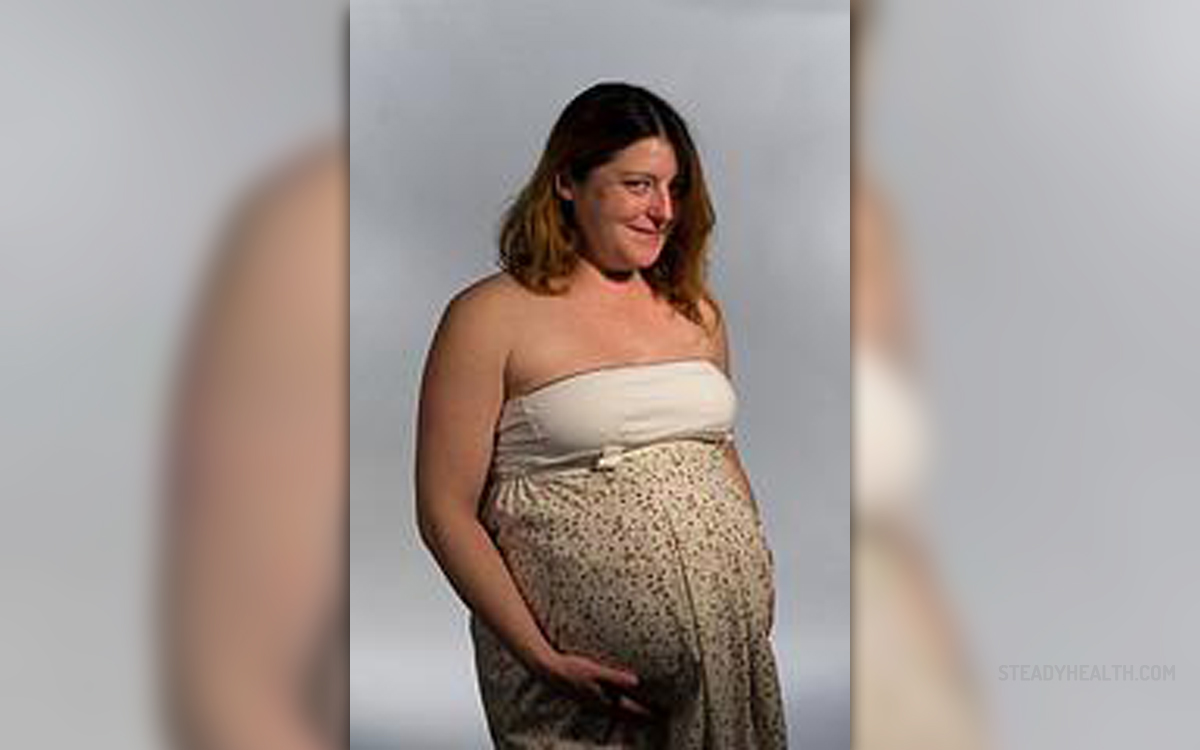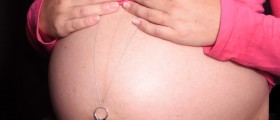
Preeclampsia is a serious medical condition that affects pregnant women and can be quite detrimental for both the mother and the baby. It causes elevated blood pressure and excessive excretion of protein via urine in women who are pregnant more than 20 weeks and who were previously healthy and had no problems regarding blood pressure and kidney function.Clinical Characteristics of Preeclampsia
Even though the condition may develop gradually, in many cases preeclampsia occurs all of a sudden. It is typical after 20 weeks of pregnancy. The common symptoms and signs of preeclampsia include hypertension (blood pressure exceeds 140/90 mm Hg), the presence of excess protein in the urine, severe and unbearable headaches, visual disturbances (blurred vision, temporary loss of vision, light sensitivity etc.) and pain in the upper abdomen (usually under the ribs on the left side of the abdomen). Patients additionally complain and experience nausea and vomiting. They may be dizzy and suffer from sudden weight gain. Fluid accumulation is a consequence of decreased urine output. Inadequate elimination of fluids from the body and their retention cause swelling, particularly swelling of the face and hands.
Prevention of Preeclampsia
Unfortunately, there is no way to prevent this medical condition. However, if a woman has developed preeclampsia it is possible to start the treatment on time and prevent progression of preeclampsia into eclampsia. It is essential for all pregnant women to avoid consuming too much salt and to stick to all the healthy habits during the entire pregnancy. The diet must be rich in all the necessary nutrients, with limited intake of salt, sugar and processed foods. Early and regular prenatal care is a must. By having regular examinations a doctor can identify elevated blood pressure and bring it under control until it causes more serious complications. Urine analysis may point to elevated proteins even before the symptoms and signs of preeclampsia develop.Treatment for Preeclampsia
The only way to prevent detrimental complications associated with preeclampsia is to perform delivery. However, the baby needs to reach certain gestational age. It is essential to treat the condition as soon as possible and prevent seizures, placental abruption, stoke as well as several more potential and serious complications.
There are some medications which are prescribed to women suffering from preeclampsia. They include some antihypertensives, anticonvulsant medications (which are given only in case of seizures) etc. Doctors always pay attention not to prescribe any drug that can cause harm to the mother or the baby. Bed rest is one more way to deal with mild cases of preeclampsia.
- healthfinder.gov/healthtopics/category/pregnancy/doctor-and-midwife-visits/preventing-preeclampsia-questions-for-the-doctor
- healthfinder.gov/api/Outlink/Search/http/www.preeclampsia.org/health-information/faqs?_label_=http%3A%2F%2Fwww.preeclampsia.org%2Fhealth-information%2Ffaqs
- Photo courtesy of Bridget Coila by Flickr: www.flickr.com/photos/10897362@N00/4239058867/

















Your thoughts on this
Loading...